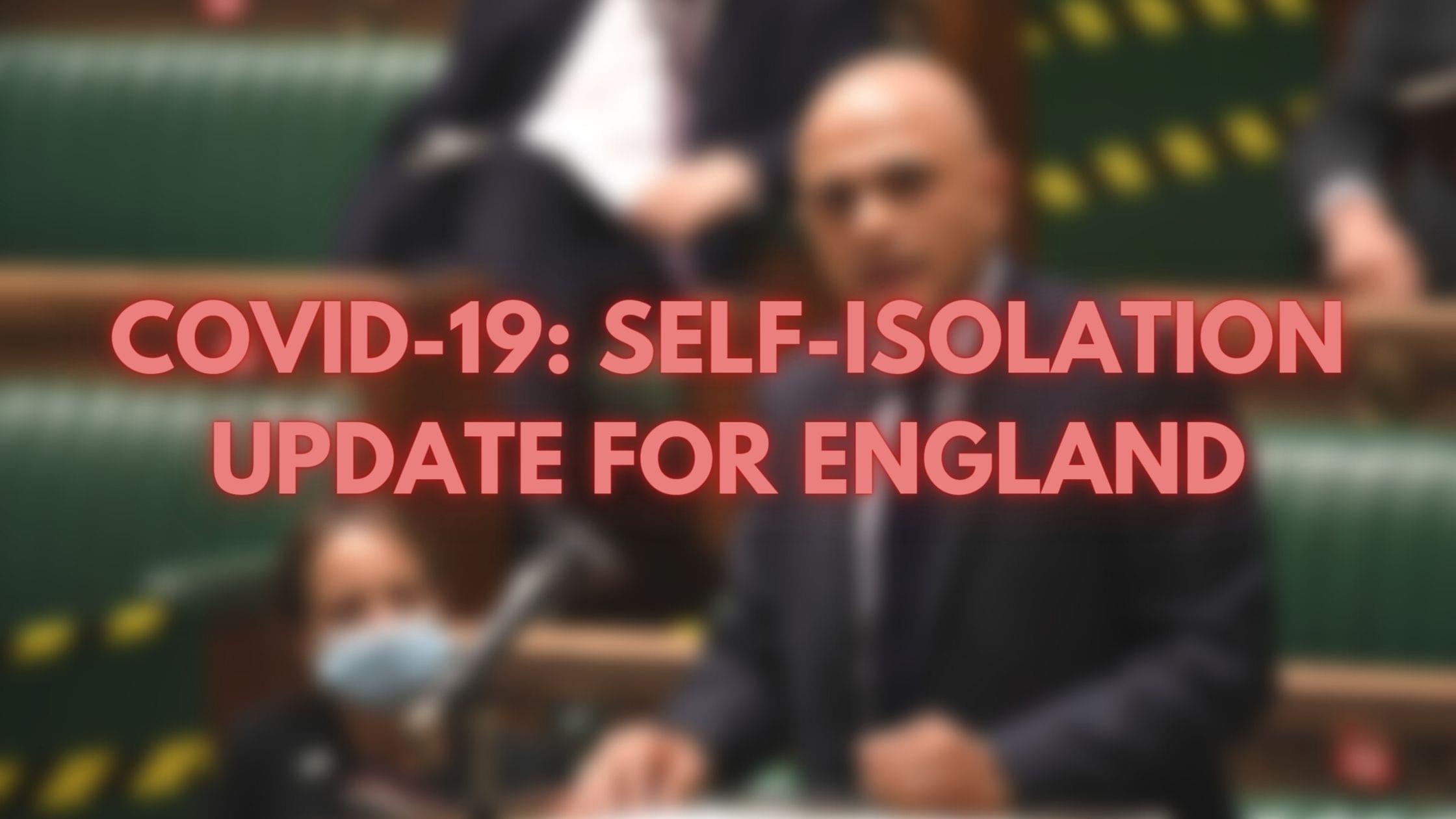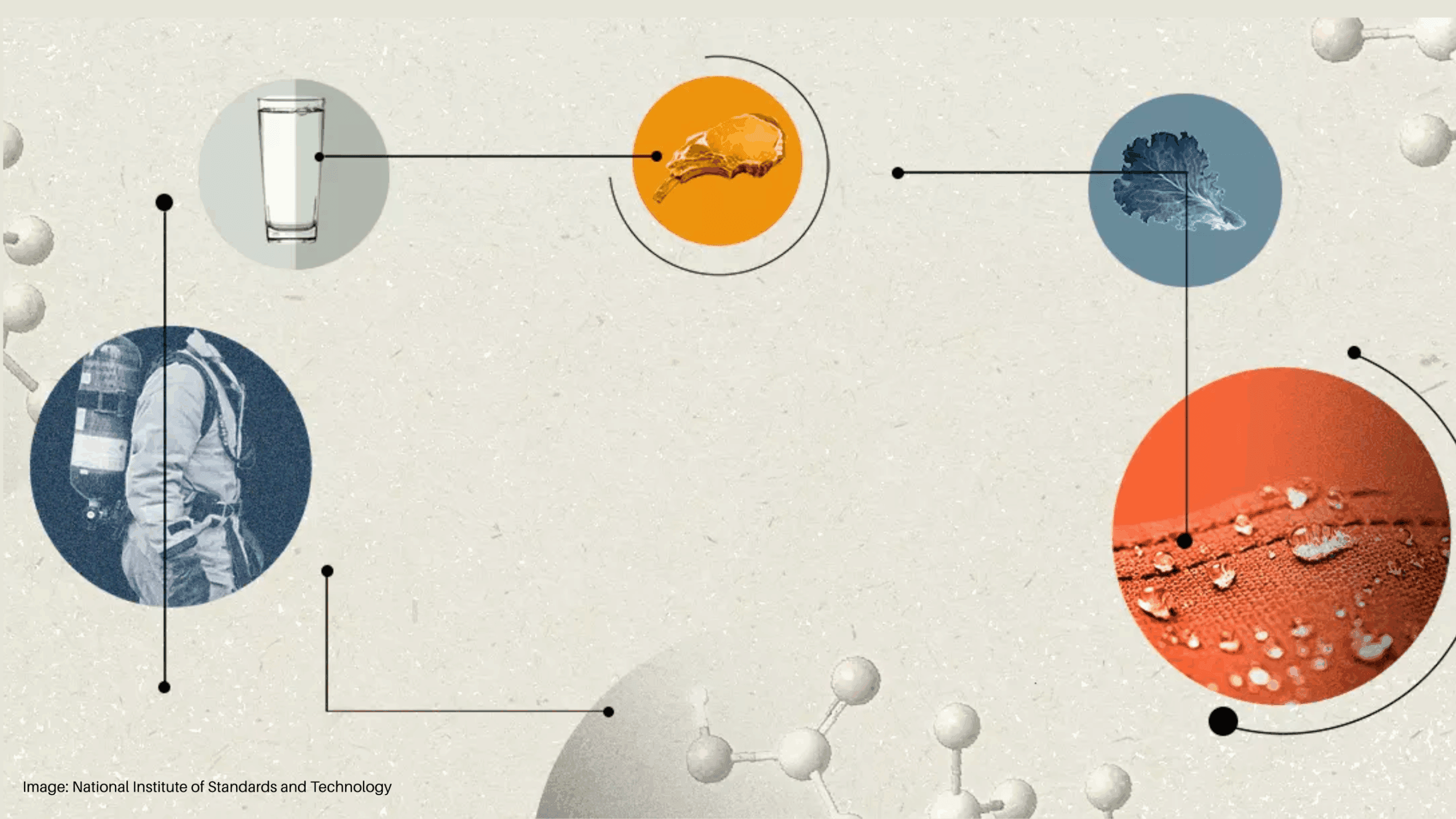Health Secretary, Sajid Javid, has announced that from Monday, 17th January, people with COVID-19 in England can end their self-isolation after five full days, as long as they test negative on day 5 and day 6.
The decision has been made after careful consideration of modelling from the UK Health Security Agency and to support essential public services and workforces over the winter.
It is crucial that people isolating with COVID-19 wait until they have received two negative lateral flow tests on two consecutive days to reduce the chance of still being infectious. The first test must be taken no earlier than day 5 of the self-isolation period, and the second must be taken the following day. If an individual is positive on day 5, then a negative test is required on day 6 and day 7 to release from isolation.
It is essential that two negative lateral flow tests are taken on consecutive days, and reported, before individuals return to their job or education, if leaving self-isolation earlier than the full 10 day period.
Those who leave self-isolation on or after day 6 are strongly advised to wear face coverings and limit close contact with other people in crowded or poorly ventilated spaces, work from home if they can do so and minimise contact with anyone who is at higher risk of severe illness if infected with COVID- 19.
The default self-isolation period continues to be 10 days, and you may only leave self-isolation early if you have taken two lateral flow tests and do not have a temperature, in line with guidance.
“After reviewing all of the evidence, we’ve made the decision to reduce the minimum self-isolation period to five full days in England, subject to two negative lateral flow tests taken a day apart.
These two tests are critical to these balanced and proportionate plans. I’d urge everyone to take advantage of the capacity we’ve built and take these tests so we can restore more freedom to this country, while keeping us safe.”
– Health and Social Care Secretary Sajid Javid
Existing public health measures remain in place, including:
- staying at home if you feel unwell
- getting a test if you experience any COVID-19 symptoms
- wearing a face covering in crowded, enclosed spaces
- working from home if possible
- maintaining social distancing and regular hand washing
- taking up the offer of the free COVID-19 vaccine
Self-isolation may continue in certain circumstances, such as for those who work with vulnerable people. A full list will be published in guidance in due course. Vaccinations remain our best defence against COVID-19, offering substantial protection against infection and hospitalisation – and the government continues to urge the public to get boosted as soon as you’re eligible.
Source: gov.uk




